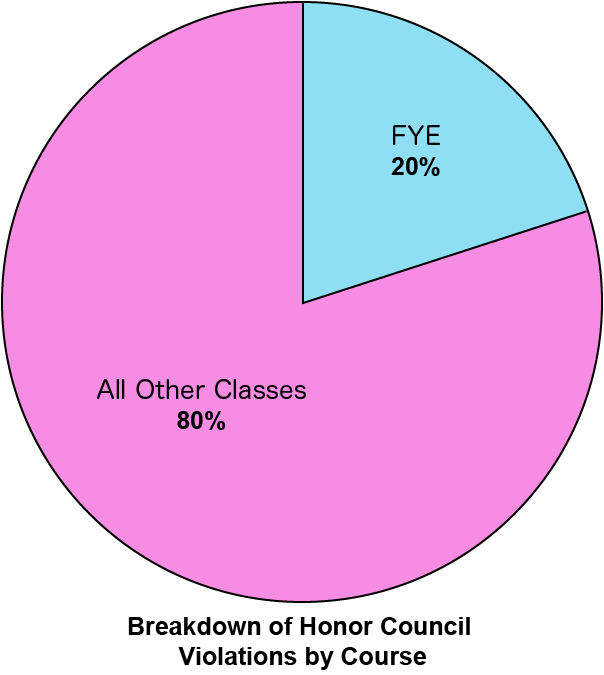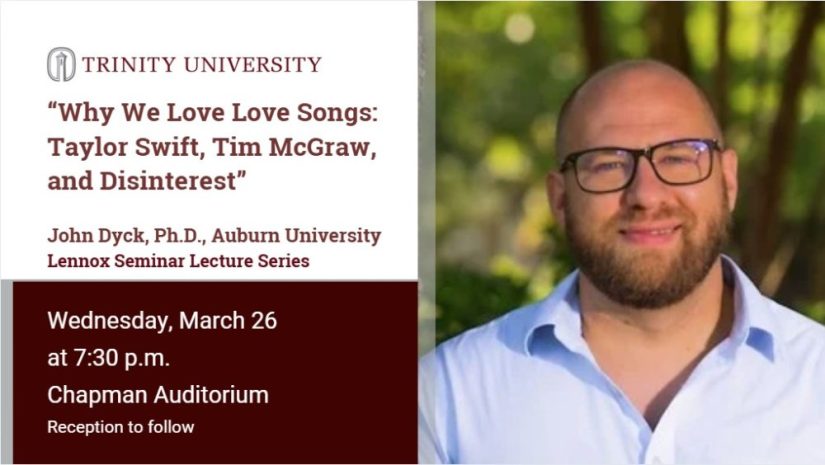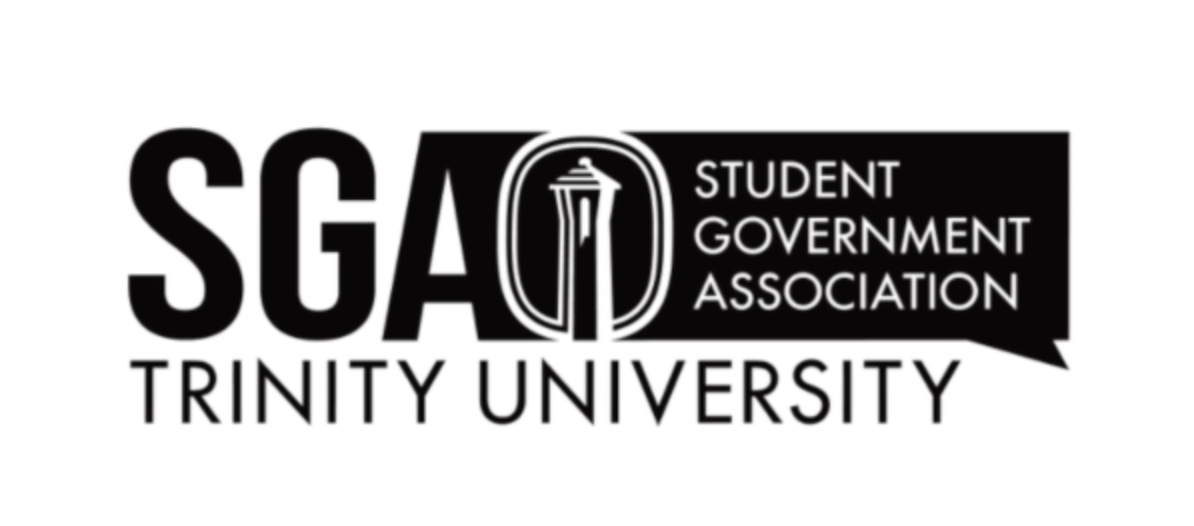Graphic by Quinn Butterfield
First-years and sophomores at Trinity have been the main perpetrators of honor council violations for the past few years. Specifically, about a fifth of the cases during the 2018–2019 year come from the First-Year Experience (FYE) courses, according to the Honor Council.
The Honor Council is a board of students that upholds and spreads information about the Honor Code, which serves as Trinity’s standards for academic integrity. Any violations of the code, such as receiving unauthorized assistance, will be investigated by the council. Anyone found responsible will be punished according to their standards.
While the Honor Council is still collecting and analyzing data for patterns, the previous years have shown that the majority of cases come from underclassmen. To Michael Soto, the adviser for the Honor Council and an FYE professor, the statistics for first-years make sense.
“It doesn’t surprise me given that the FYE course is a six-credit hour course, and because of that, students have multiple writing assignments that are built into the course,” Soto said. “In the FYE course that I teach, we have a paper due almost every single week. That’s a lot of writing. There is a lot of opportunity to make a mistake.”
According to Soto, the FYE course is designed to help first-years adjust to the expectations of Trinity, but it may take longer than the first semester for all students to adapt to Trinity’s curriculum.
“I don’t know that the FYE course is any more or less pressure-filled than the rest of the Trinity curriculum,” Soto said.
“Being a Trinity student is tough at times because the curriculum is very demanding, and students often find themselves pressed for time. Most Honor Council cases involve first-year students or sophomores, and that’s to be expected because students are getting acclimated over time to a Trinity education,” Soto said.
Senior Zach Acevedo, co-chair of the Honor Council, agreed with Soto that the ratio of one out of every five cases comes from FYE classes is to be expected given that every first-year is in an FYE class their first semester. Even so, Acevedo explains that the number of cases is fairly small.
“If we see about 45 cases right now a year, about seven to nine of them come from an FYE. It’s not great, [but] thinking about all the Trinity students and given that it’s only about eight or nine, it’s not too crazy, but it’s still a substantial fraction of our cases,” Acevedo said.
Incoming students are introduced to Trinity’s Honor Code via an explanatory video, quiz and the signing of the Honor Code during New Student Orientation (NSO). In recent years, the Honor Council has given FYE professors advice on how to discuss academic integrity to first-years, and this year they’ve extended this training to FYE peer tutors.
“The biggest issue would be just your first year. A lot of students come in, and they don’t know what resources they can and can’t use to help them process ideas,” said junior Victoria Huggler, who peer-tutored for the Social Justice FYE last year. “Something about going over with them the first day of class — ‘this is what you do, this is what you don’t do’ — I think would have prevented probably a lot of issues that the Honor Council’s seeing. This coming from a peer tutor, I think [explaining the honor code would] be more relaxed which is good. I remember during our first-year orientation it was super scary.”
The FYE peer tutor training informed peer tutors of the Honor Code and how to establish themselves as a resource for first-years. Acevedo hopes that this increased exposure will reduce code violations even more but understands that there is only so much they can do.
“If we can get people during their first year to understand it, then hopefully we’d have less of it later on. But rather than being with NSO and having their peer tutors in FYE, I feel like we can only tell them so many times to where ultimately it’s up to them to determine what they want to do,” Acevedo said.
Acevedo believes that following the Honor Code comes from more experience with it, and that can’t just be taught.
“I’m sure the juniors and seniors understand the penalties more, at least seeing it possibly with their peers or having been exposed to it so many times. I think it mostly just has to do with the experience that juniors and seniors have over the underclassmen with the Honor Council or the information that the Honor Council gives,” Acevedo said.
Soto hopes to approach the teaching of academic integrity from an angle that is not purely informative.
“What I want to do is set the expectations by encouraging students to see themselves as producers of intellectual property,” Soto said. “As the producers of that intellectual property, they should take pride in ownership, and that means protecting that intellectual property from theft. When they start to see themselves as the producers of something that can be stolen, I think they better understand why they’re being asked to uphold a standard of academic honesty.”
Acevado and the rest of the Honor Council acknowledge the difficulty and weight of FYE courses and have been discussing policies that will reduce some potential damage.
“We’ve talked about trying to make policies with FYEs and figure out a way to alleviate harm because freshmen are one of our biggest case groups. We don’t want to destroy them freshmen year. That would suck. Unfortunately, a lot of the policy that we recommended hasn’t gone either through the councilor or the faculty senate. But that is something that we keep in mind because we acknowledge that an FYE is super important, especially for your first semester,” Acevedo said.






